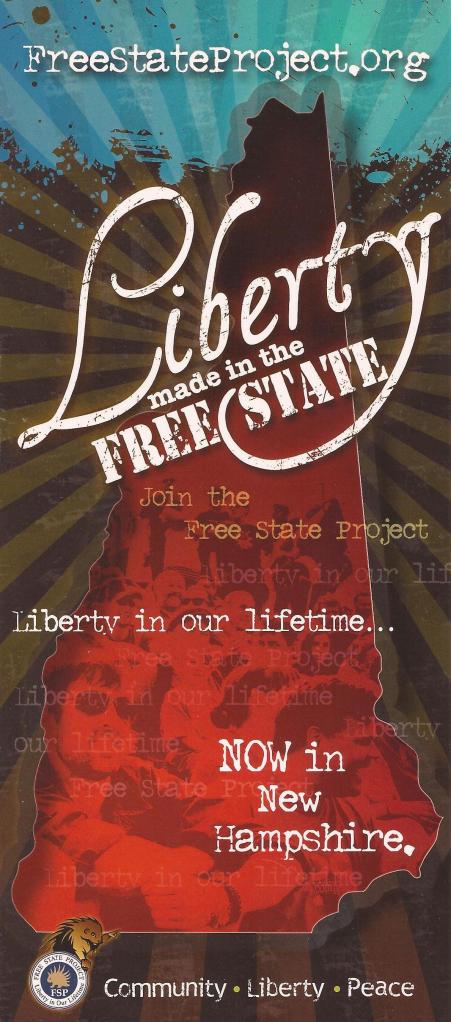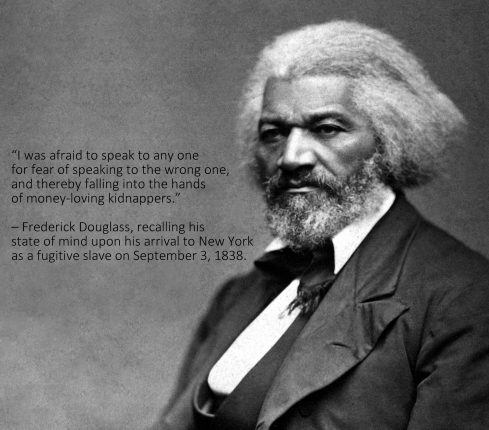What Would You Do?: A Television Show that Reveals Human Nature
There are more good people in the world than many anarchy-skeptics would have you believe, the ABC television series “What Would You Do?” shows.
From Wikipedia:
“In the series, actors act out scenes of conflict or illegal activity in public settings while hidden cameras videotape the scene, and the focus is on whether or not bystanders intervene, and how. Variations are also usually included, such as changing the genders, the races or the clothing of the actors performing the scene, to see if bystanders react differently. Quiñones appears at the end to interview the bystanders about their reactions.”

Host of the television show “What Would You Do?”
A few weeks ago I discovered this fascinating show on YouTube and have already watched a significant portion of the episodes.
Many of the people on hidden cameras who witness the scenarios the actors act out are revealed to be mean, vicious, racist, sexist, ignorant, or intolerant people, while others are revealed to be very kind, caring, generous, and loving people.
Sometimes we observe the bystander effect, but on other occasions we witness people go out of their way to selflessly help strangers in need.
Since the producers of the show act out each scenario several times over the course of one or a few days of filming and yet only select a few of these run-throughs to be included in the show, we viewers cannot always gather accurate information about how most people respond to each scenario.
However, the show host usually fills us in on how people tended to react, often with specific numbers: “Of the 22 shoppers we confronted, Chris is the only one who really questioned our authority figure.“
This means that in addition to providing proof that there are some good people in the world, the television show also provides us with evidence that a large number of people are not the evil selfish kind of people that Thomas Hobbes believed would fight against each other in a war of all-against-all were it not for the “common Power [state] to keep them all in awe.” Continue reading


 Those are the words of Frederick Douglass recalling his state of mind upon his arrival to New York as a fugitive slave on Monday, September 3, 1838.
Those are the words of Frederick Douglass recalling his state of mind upon his arrival to New York as a fugitive slave on Monday, September 3, 1838.